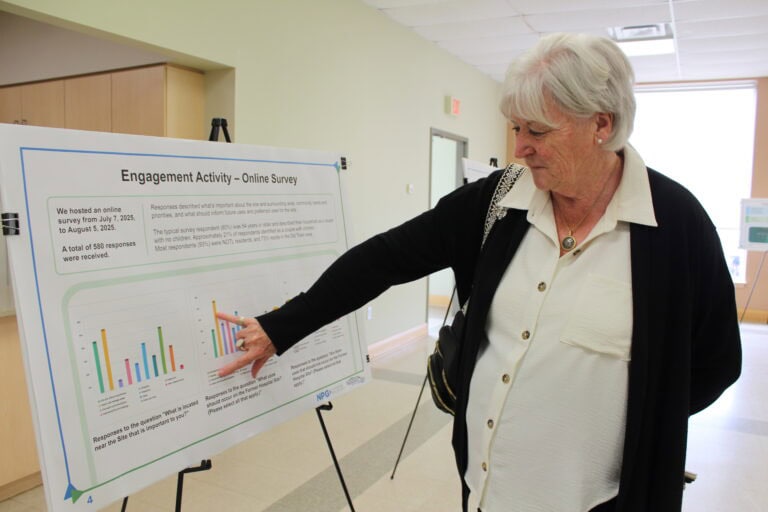Kyra Simone
Special to The Lake Report
In advance of forthcoming plastic bans, a novel online store offers groceries and household products with reusable packaging.
If you ever take a step back to consider your kitchen and pantry, you'll notice that most food purchases are shrouded in plastic. Unfortunately, only about 10 per cent of this packaging is recycled in Canada.
Even with our best intentions, many types of packaging aren't even accepted at the curb. Crinkly and foil-lined plastics, like cereal bags and granola bar wrappers, can only be repurposed through specialized mail-in programs.
Terracycle is one company that accepts the otherwise unrecyclable. But founder Tom Szaky acknowledges the flood of plastic must be stemmed long before the flawed disposal stage.
On Feb. 1, the company partnered with Loblaws to launch an online store offering groceries, household products, and hygiene items in refillable packaging. Through Loopstore.ca, households can reduce waste in an affordable way without greatly altering their recycling habits.
ROUND & AROUND: Loop already operates in the United States and parts of Europe. It now delivers to most of Ontario and carries an ever-expanding list of products, including spices, grains, sauces, beverages and even deodorant.
According to Loop's website, not all areas of Niagara are eligible for delivery yet, but the company continues to quickly add new postal codes.
Delivery is free for orders greater than $50, which is less than the cost of a typical grocery run. While some specialty items are a bit pricey, the essentials are reasonable and costs will come down as this new model is proven effective.
Much like beer-bottle returns, customers pay a deposit on each container. Then, Loop picks up empty vessels and refunds the deposit.
It's the same process you'd normally go through to place containers in the blue box. Loop will sort, clean and send them back to manufacturers to be refilled.
Most Loop packaging is plastic-free, because participating manufacturers must make vessels durable enough to be refilled at least 10 times. Even dented or broken containers will be picked up; they are designed to be remade without “downcycling.”
POSITIVE FEEDBACK LOOP: Through this new model, consumers can dip their toes into the world of reusable packaging before large plastic cutbacks are implemented. Canada aims to ban single-use plastics by the end of the year and Niagara-on-the-Lake already prohibits these items in municipal buildings.
Fifteen of the world's largest retailers have signed on with Loop, and even Tim Hortons plans to release reusable packaging later in 2021. Although it is a substantial investment for manufacturers to completely overhaul their production, smaller companies may eventually be able to access funding for this shift as consumer habits begin to evolve.
If you're like me, you may already avoid single-use packaging or buy in bulk. Zero-waste grocery stores in some cities, like London's Reimagine Co., dispense food and household products for customers who bring their own containers.
While such stores attract many eco-conscious shoppers, Loop is the first initiative to implement reusable packaging on such a large scale, and in partnership with grocery chains.
In the future, we will likely be able to buy refillable products from, and return the packaging to, our local grocery stores.
So, say it with me: Reduce, reuse, repeat!
Kyra Simone is a NOTL-born nature lover with a master's degree in biology. In her spare time, she advocates for sustainable change, picks up garbage, makes recycled jewelry, and transforms furniture bound for the landfill.



.jpg)





